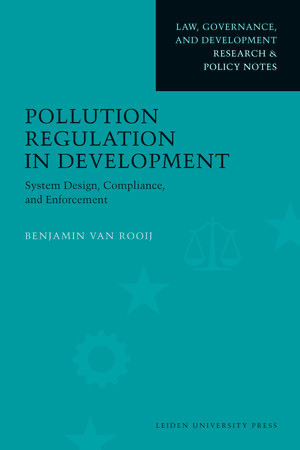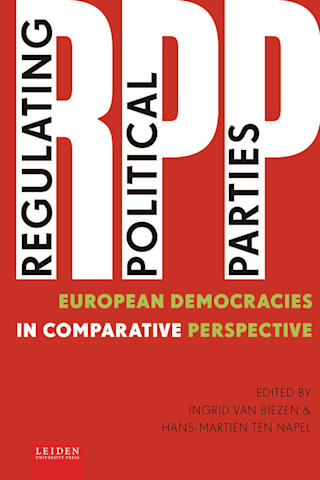Over the last decades, some non-OECD countries such as Brazil, Indonesia, Colombia, Mexico, India and China have been rapidly industrializing. While this has had positive effects on economic growth, it has also caused pollution with severe effects on the natural environment, human health, and global climate change. In response to the new pollution threat, most of the industrializing economies have installed pollution prevention and control regulations, and implementing institutions. In practice, however, the regulations often fail to achieve the desired results. Violations of the law remain pervasive, and enforcement reactions against violations of the law are often ineffective.
This Research and Policy Note explains why the regulation of pollution in these countries is so difficult, by looking at several aspects of pollution regulation frameworks, for instance the obstacles to effective law enforcement, effective enforcement strategies in creating compliance in industrializing economies, and the role of local communities, markets and politics.





